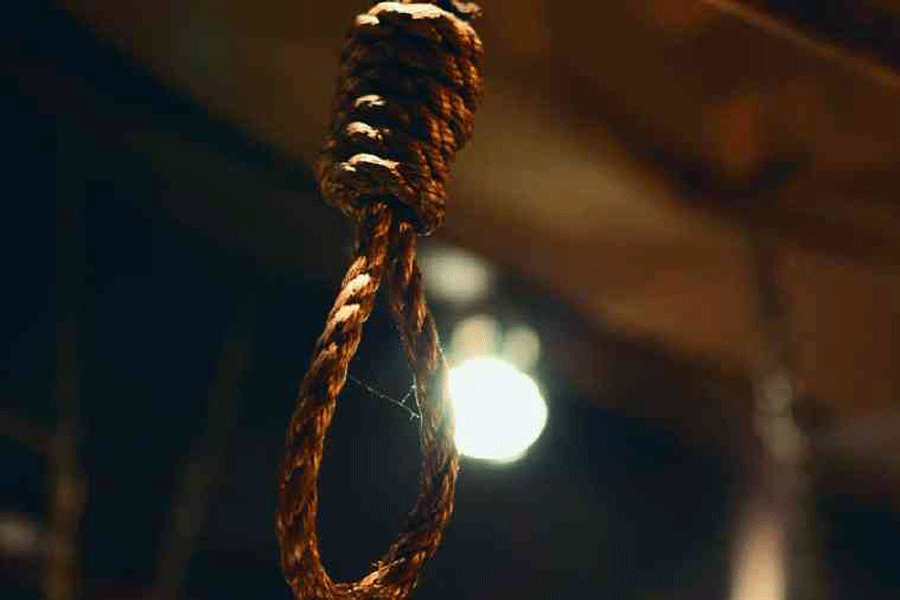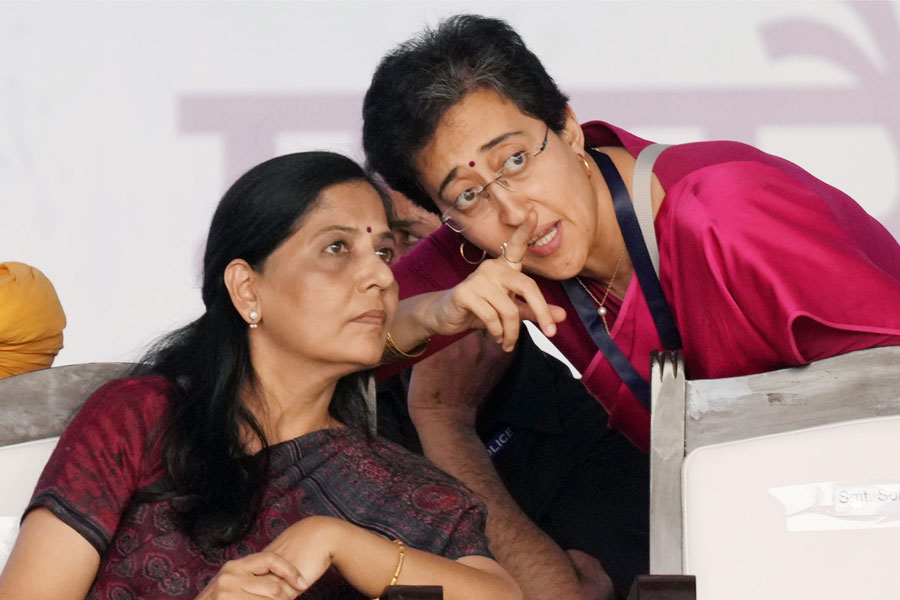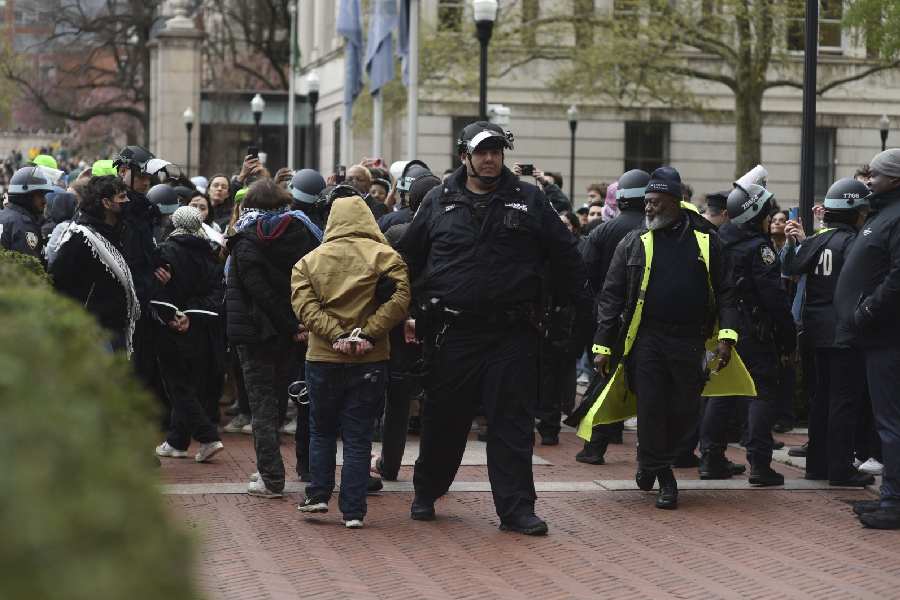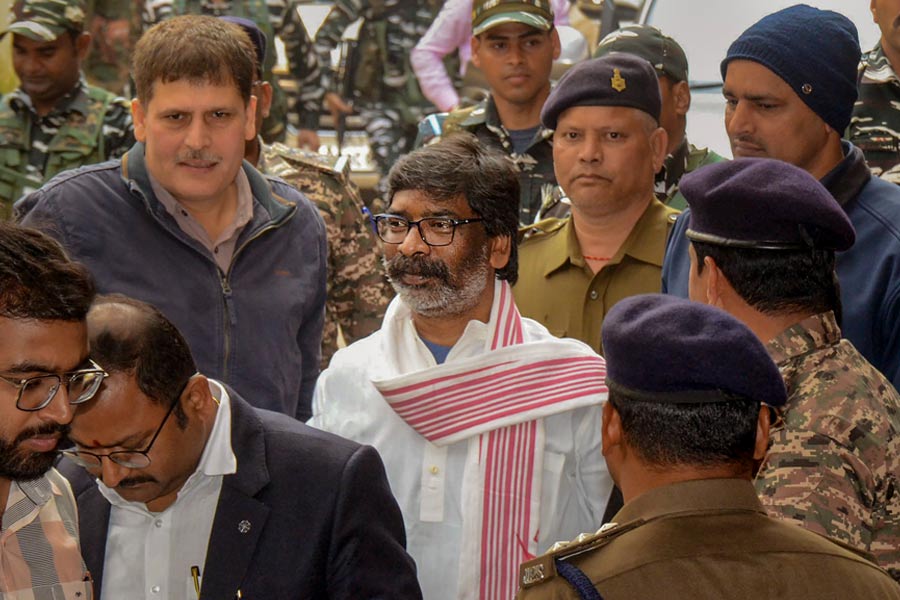Bhubaneswar, Aug. 13: The Odisha government is yet to take a decision on the reservation quota for socially and educationally backward classes (SEBC) category after Orissa High Court struck down the Orissa Reservation of Posts and Services (for Socially and Educationally Backward Classes) Act, 2008, providing 27 per cent reservation for the group.
The high court had delivered its judgment on June 29. But, the state's backward classes welfare minister Ramesh Chandra Majhi said: "The government has not yet decided on the matter."
A senior officer: "We are examining the grounds that led the court to quash the order. We will examine the possibility of approaching the Supreme Court." The state's advocate general Surya Prasad Mishra said:"The reservation will have to be limited to 50 per cent in view of the Supreme Court order. A meeting will be held with the chief secretary for discussion over the high court's confirmation of the tribunal order. We will see what can be done."
The Orissa Reservation of Posts and Services (for Socially and Educationally Backward Classes) Act, 2008, provides for 27 per cent reservation quota for the SEBC category over and above the quota for ST (22.5 per cent) and SC (16.25 per cent) categories.
Officials clarified that the high court order would not affect the recruitment process because the state government, through an executive order, had already reduced the SEBC quota from 27 per cent to 11.25 per cent to keep the total quota within the 50 per cent limit. This was done after the Odisha Administrative Tribunal held the 66.75 per cent reservation "illegal" in December 2013, saying that it contravened the 50 per cent limit imposed by the Supreme Court.
The Naveen Patnaik government had introduced 27 per cent reservation on the eve of the 2009 general elections and had later enacted the Orissa Reservation of Posts and Services (for Socially and Educationally Backward Classes) Act. "It's a prestige issue for the BJD and we have to approach the apex court. If we do not pursue the matter, the Opposition may gain the upper hand," said a senior BJD leader.
Congress leader and former Union minister Srikant Jena, a votary of Mandal politics, said the state government's handling of the issue reflected lack of commitment to social justice. The government, he said, lacked the political will to implement the order.
"The state should have presented its case properly in court. The Supreme Court ceiling of 50 per cent is based on all India census figures. It had taken 15 per cent SC and 7.5 per cent tribal population into account while determining the OBC quota of 27 per cent. Odisha is a special case because the state has made provisions of 22.5 per cent reservation for ST and 16.25 per cent for the SC. The state government can challenge the high court order in the Supreme Court. But, the government is not serious about this issue, " he said. He said he had written a letter to Odisha Pradesh Congress Committee (OPCC) president Prasad Harichandan to convene a meeting of the OPCC to discuss the issue and pressure the state government.
BJP OBC Morcha state president Krushna Chandra Patra said the state government's dilly-dallying exposed its apathetic attitude towards the socially and educationally backward classes in the state. "Our party plans to launch an agitation against the government on this issue," he said.











